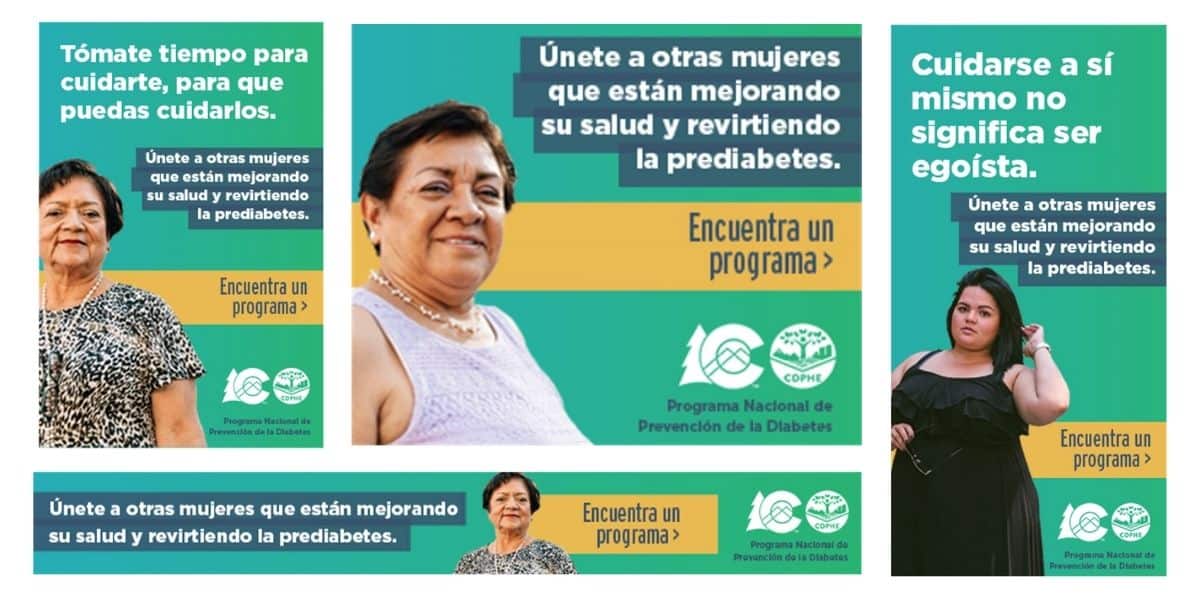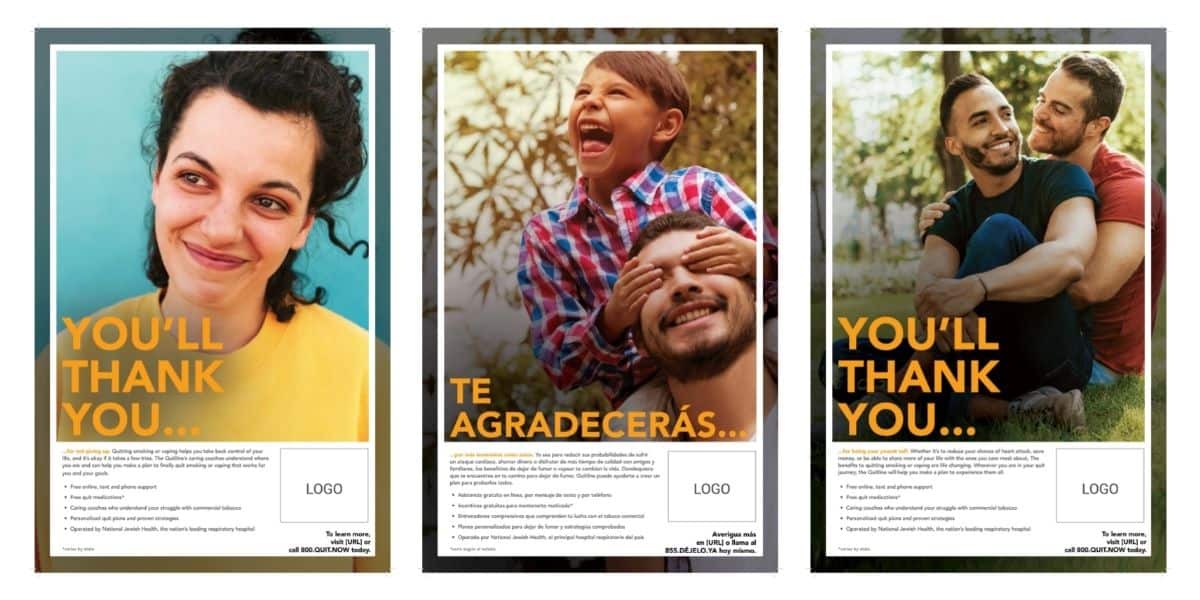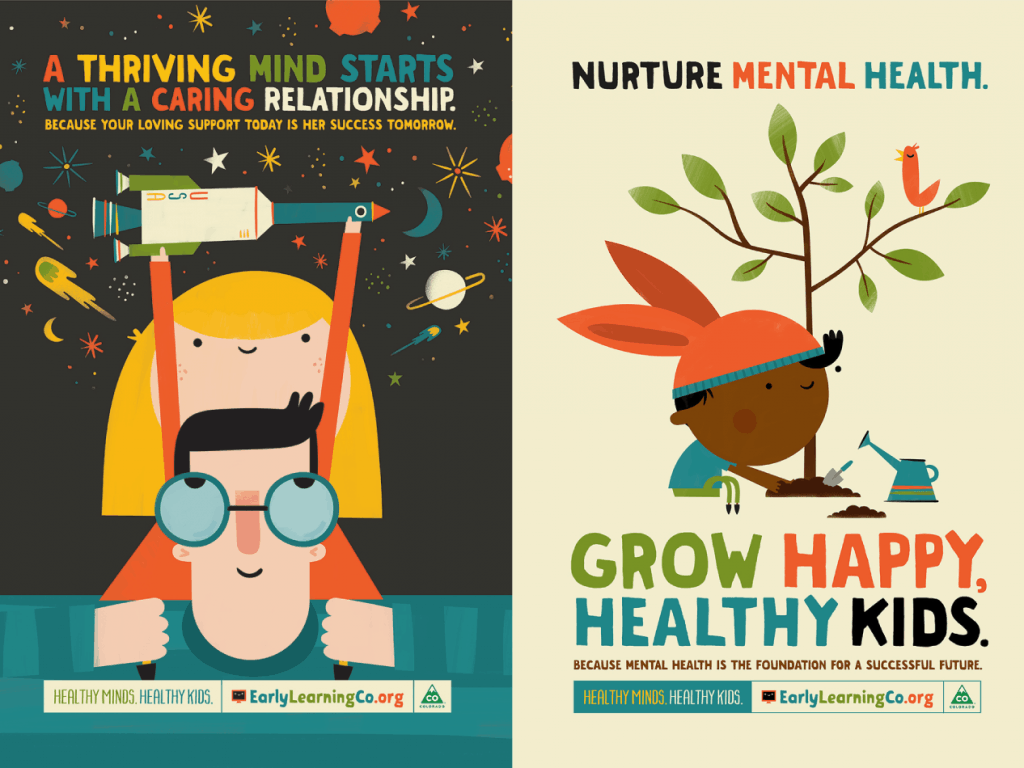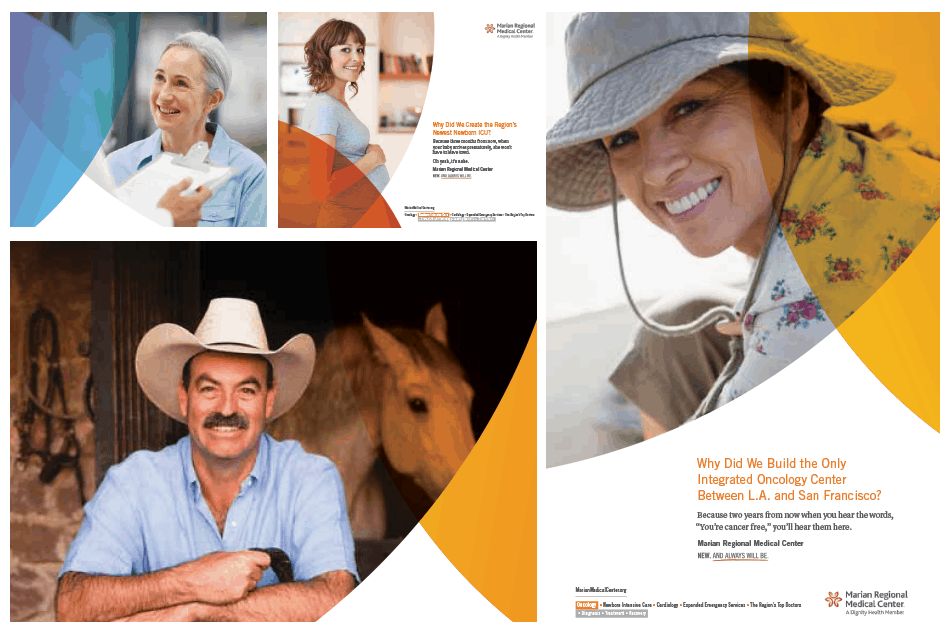It’s no secret that social media can be toxic and exacerbate mental health issues.
But can it also offer support?
When the pandemic started, social media was an easy place to find a distraction and to keep the mind busy. Of course, when upsetting imagery saturates all of social media, this distraction suddenly only worsens things.
Having said that, I think it’s important that we acknowledge the help some forms of social media can provide us. Reddit is one of the social media sites that we can use to support our mental health.
Reddit is filled with thousands of communities, known as subreddits, tailored to attract specific fan bases and to bring people together.
I’ve found that it’s almost impossible to think of a subreddit that doesn’t already exist. Case in point: Want someone else’s opinion if you’re in the wrong? See r/AITA (Am I the Asshole?).
The subreddit r/Anxiety was a particular favorite and frequently visited site of mine. This subreddit was created in 2008 and has accumulated over 600,000 members.
When I was struggling with my anxiety it was relieving to hear of others going through the same waves and how they’ve made it through to the other side.
However, I couldn’t help but notice the hundreds of posts that never received any interaction from other community members. All of those questions and concerns left unanswered and floating in Reddit cyberspace….
I’ve spent the past nine months researching and writing my undergraduate thesis paper about what, how and why certain posts within r/Anxiety receive more engagement than others. Let’s break down what my research revealed and what we can take from it.
To measure the level of engagement of a post, you can look at upvotes and clicks but, for the purpose of my research, I used the number of replies to a post as an indicator of the level of engagement. The post that received the most engagement had 633 replies and the least had 0 replies.
To directly compare the posts with higher levels of engagement and lower levels of engagement, I pulled 999 posts from the r/Anxiety subreddit and organized them from the most replies to the least.
There are direct and indirect ways of marshaling social support.
Direct methods include:
- Defending aspects of their mental health such as their perspective and experience
- People reexamined beliefs that they held about their mental health
- Solicitation and direct requests of specific forms of social support (informational, esteem, emotional, and social presence)
Indirect methods include:
- Self-enhancement: when posters shared good news and updates on their mental health
- Other-enhancement: when poster aimed to increase the esteem of the reader through encouragement, compliments, etc.
- Highlighting positives: poster actively notes the positive qualities of their mental health
- Recruitment for help with their mental health
My data revealed that posts that used a direct support marshaling strategy, but more specifically solicited informational and social presence support, received the most engagement from the community.
In the low-engagement posts, highlighting positives was the most used form of support marshaling. Highlighting positives would look like someone updating the community about their improvements and progress.
While it seems odd that this type of post usually receives little engagement, it gives us insight into why people use the r/Anxiety subreddit. The users are not there to individually congratulate other members on their mental health progress, but instead they are there to provide actionable advice.
This doesn’t mean that there is no space on Reddit for users to share their growth. Many subreddits are tailored for more specific uses, such as sharing accomplishments.
From this research, we can better understand how Reddit users can receive the most help when posting on r/Anxiety. Given that the direct support marshaling strategies resulted in higher engagement levels, if users ask direct questions that ask for information or social presence, they’ll have a better chance of getting a response. These posts could look like: “What do I do if I missed one dose of my medication?” and “I’m feeling really lonely today, does anyone want to chat?”.
Avoiding vague and non-engaging posts such as “I have so much anxiety, this is the worst” could increase the chances of getting engagement. Perhaps it can help to imagine if you were another user reading your post; if there isn’t something concrete you can touch on or help with, you’re probably less likely to take the time to write a comment.
If you would like to read more about my research, my full thesis can be found on my LinkedIn page.
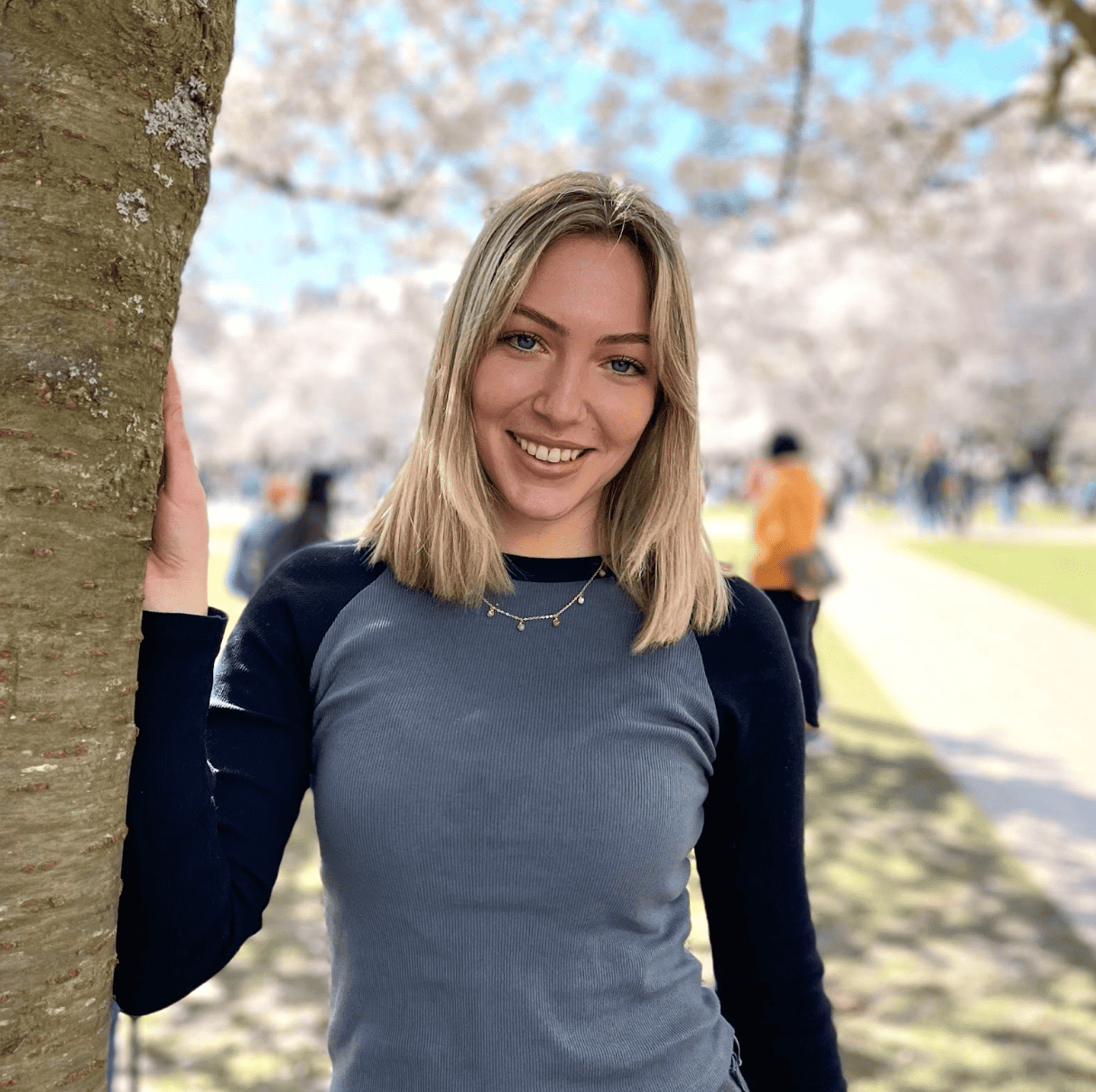 Isabel Anderson will graduate from the University of Washington in December of 2023 with Honors from the Communication Department.
Isabel Anderson will graduate from the University of Washington in December of 2023 with Honors from the Communication Department.
LinkedIn: https://www.linkedin.com/in/isabel-anderson-331962211/
Gmail: isabelanderson72@gmail.com


